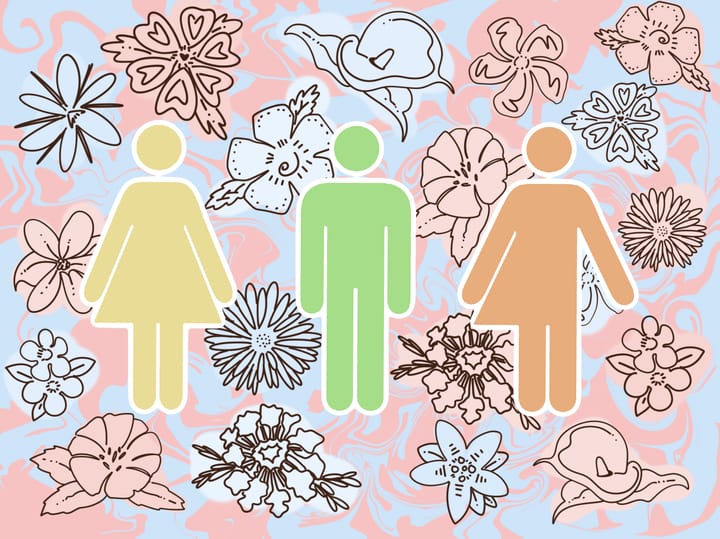Chang: Professor Ly opened eyes to issues of race
I heard that Dr. Carolyn Ly is leaving Augustana University at the end of May, and I’d like to leave a note of my gratitude for her and the gift of her teaching.
Her teaching changed how I view society, and I’m indebted to her for who I am today. I was a non-traditional student in her Sociology 110, Contemporary Society class in 2015. Back then, people hardly talked about racism. During the class on the topic of race, Dr. Ly said that all humans are physiologically made equal and that racism was created by humans. A Class Divided – Jane Elliot’s experiment of (Blue Eyes/ Brown Eyes) on Discrimination, a video she showed in class, was shocking. It convinced me that one becomes as s/he is treated by her/his environment. I knew this being a mother of three children, and I did everything to protect my children. This video convinced me that, despite the fact that discrimination hurts people, it goes on as usual and normal.
I started examining my own bias. A few days later, I was walking to class and saw a young man coming toward me. I noticed my own words in my head, “An African man is coming towards me,” and questioned myself, “Why did you see that? You don’t say that when you see a white man.” Dr. Ly said that when we notice a person and say to ourselves “That is a black person,” rather than “a person,” it is a sign of bias. I learned this bias somewhere during my life. This self-examination has continued ever since taking that course.
As an immigrant from South Korea, I had believed that anyone could succeed in America, because America offered equal opportunities, especially in education. I had dismissed the notion that students in a poor neighborhood received less quality education than students in a middle-income or rich neighborhood. I had believed that in America, people could pull themselves out of poverty by their own efforts.
However, I learned in her class that the education system is not equal, at least according to the book describing research by a team of University of Pennsylvania sociologists who observed classrooms and home life of students in the middle income districts vs poor areas. The differences between the schools located in the middle-income vs poor neighborhoods were remarkable. I became aware of this inequality in the education system, with the students in the poor school system lacking opportunities that the students in the suburban school district enjoy, therefore perpetuating poverty.
Before taking Dr. Ly’s class, I used to agree with what people casually said: “The poor are lazy. They don’t even care for their children.” I learned that the poor parents wished for the same success for their children as the rich and middle-income class parents, but the poor lacked resources, such as wealth, employment, and knowledge. Dr. Ly has helped me get rid of my own bias against the poor and gain understanding and compassion. She had us discuss “white privilege,” a term I never heard before taking this class. Students didn’t know what to say, yet Dr. Ly normalized the term. People in 2021 still have a hard time talking about it.
Her gift of teaching grows. My job as a property owner brings many people together from different backgrounds. A single mother, who moved with her small children into my newly renovated rental house, reported that a young man who lived across the street called her the N word. I started getting anonymous phone calls from the men in the neighborhood, accusing me of being a slumlord who didn’t care about my property and neighborhood. They accused her children of running around the neighborhood, destroying property. Without telling me their identities, they yelled and hung up. It was intimidating.
As these phone calls were repeated, I was able to engage with them, finding out who they were, questioning their real motives. One hostile man said, “These black kids are running around the neighborhood without supervision and their mom doesn’t care!” I quietly said, “I notice you say ‘the black kids,’ and when you say the black kid, that’s racism.” I immediately infuriated him, “Don’t you pull the race card on me. I call my brother a white trash, too.” I calmly said, “I learned in my class that we call a kid a kid. But when you call a kid, a black kid, that is racism.” He hung up.
Since then, the harassing calls stopped. A year later my tenant reported to me having a good relationship with her neighbors. Their harassment stopped without her knowing why. The man whom I told about racism treated her children so nicely that they rode their bikes to his house and got some candies. I couldn’t believe what I was hearing! I thank Dr. Ly’s teaching, and her gift multiplies. It is sad for me to know that she is leaving Augustana University. Her gift of teaching will still multiply for the years to come, more than she will ever know.



